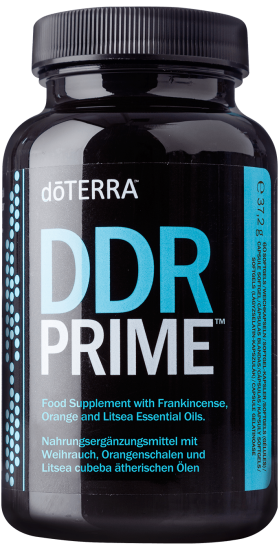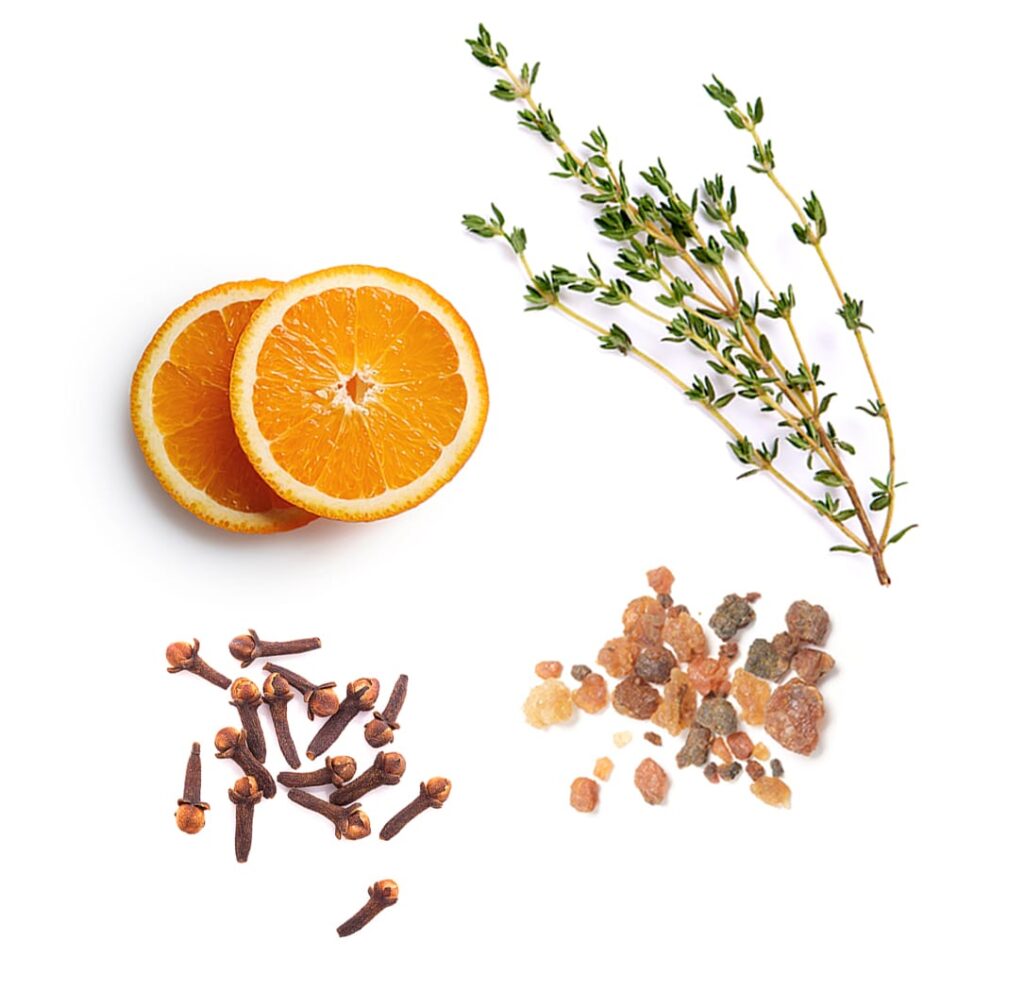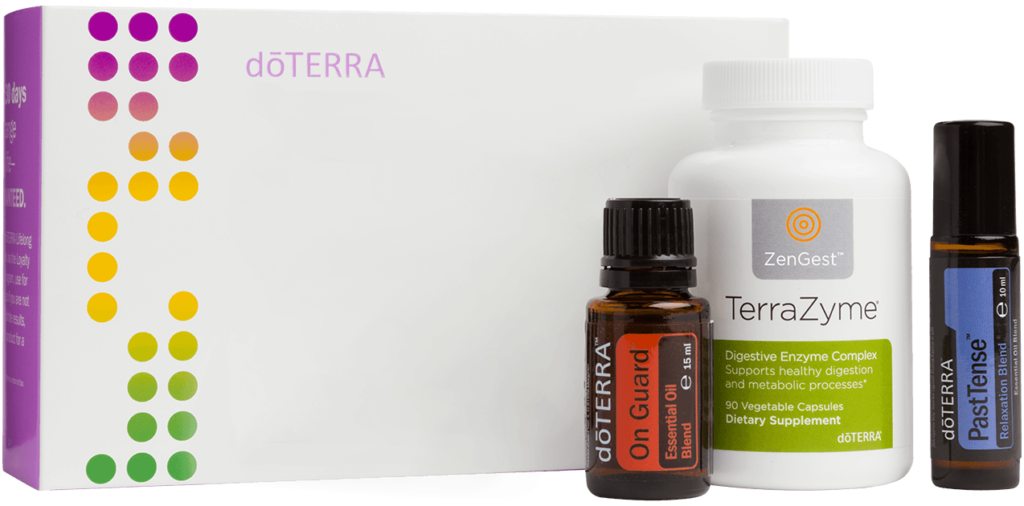One of the most prized and precious oils due to its rich aroma, Frankincense is often referred to as the “king” of essential oils. Centuries ago, ancient Egyptians used Frankincense resin for everything from perfume to salves for the skin. Its soothing and beautifying properties may be rejuvenating to skin and may help reduce the appearance of imperfections when applied topically.
Litsea cubeba is an evergreen tree or shrub belonging to the Lauraceae family. Its fruit produces Litsea – a lemon-like essential oil. Being native to East Asia, Litsea has a long history of traditional use by the indigenous people of Taiwan and has been widely distributed in Japan, Taiwan, Southern China and Southeastern Asia. Geranial and neral are also found in Lemongrass which has very similar scents and properties.
The benefits and uses of clove date back to ancient China and India. As a cooking spice, Clove adds a spicy flavour to any dish or dessert. Clove is also widely used in dental preparations, candy, and gum, for its flavour.
Cold pressed from the peel, Wild Orange is one of dōTERRA’s top selling essential oils due to its energising aroma and multiple benefits. High in monoterpenes, Wild Orange possesses soothing qualities for the skin that makes it a pleasant addition to beauty products.
In the Middle Ages, Thyme was given to knights and warriors before they went into battle because it was thought to impart courage to its bearer. The ancient Greeks used Thyme in their baths and burned it as an incense in their temples, while the Egyptians used it in traditional ceremonies. Now, Thyme is known as a popular cooking herb and can be found in households across the world. Try adding Thyme essential oil to meat marinades and savoury entrées for a fresh, herbal flavour!
Lemongrass produces a smoky, citrus essential oil that offers a variety of benefits to the user. For years, Lemongrass has been used in Asian cuisine for soups, teas, and curries as well as with fish, poultry, beef, and seafood. Lemongrass has a pungent, herbaceous aroma that can brighten any room.
Niaouli, a close relative of the tea tree, is an evergreen tree native to Australia. Its white-yellowish flowers grow in the form of narrow cups, which is why this plant is also called “bottle brush”. The flowers and bark of the niaouli tree have been used for various purposes by Aboriginal people for centuries. Niaouli essential oil is produced by steam distillation of the leaves. The plant material for DoTERRA Niaouli essential oil is sourced from beautiful Madagascar. Thanks to its significant amount of eucalyptol and other monoterpenes, niaouli essential oil is a natural stimulant and as such is excellent for massages and diffuser blends. Due to its chemical composition and accompanying properties, the oil is very beneficial for the skin and oral health, and it is recommended to be added to skin care products and toothpaste.
Native to the eastern Mediterranean, summer savory is a low-growing plant that belongs to the mint family. Appropriately, Summer Savory grows only during warm months. It grows between July and September, blossoming lilac flowers and bronzy green leaves. The essential oil is steam distilled from the leaves of the plant after they have been harvested and dried. Ancient Egyptians dried the summer savory herb to be powdered and used in various tonics. Today, summer savory is best known for its culinary uses, but it also offers many health benefits. Summer Savory essential oil promotes healthy cellular strength, offering benefits and support to a myriad of body systems, due to its main chemical constituent, carvacrol. Experimental research suggests that carvacrol may also help with healthy weight management. Carvacrol is a phenol constituent. Phenols have powerful antioxidant properties. They are also very potent, which may cause irritation or sensitivity to the skin. Oils with high phenol content like Summer Savory, Oregano, and Clove should be diluted before topical application.







